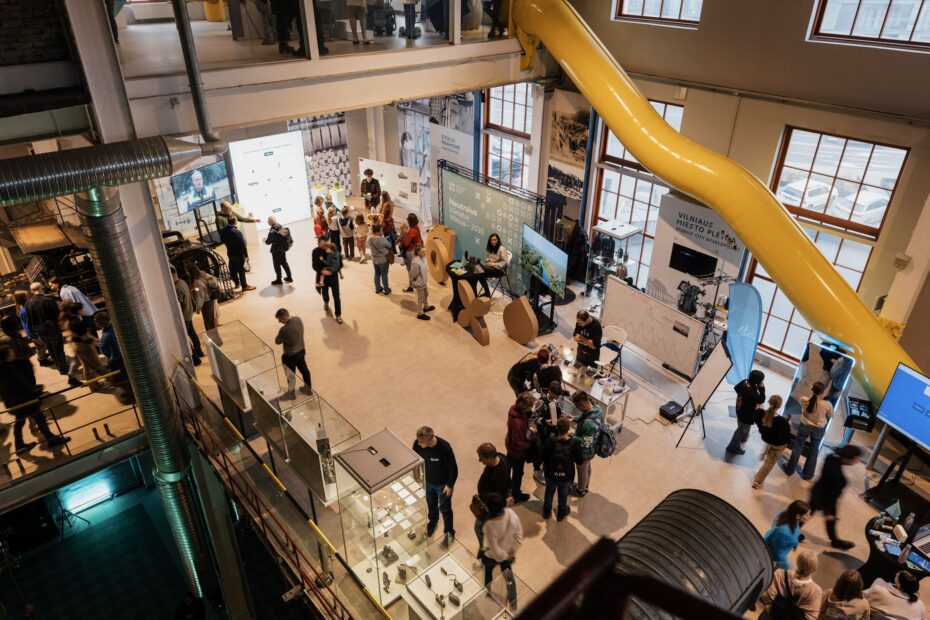At the end of October, Energy and Technology Museum engaged Vilnius residents and guests in a topical debate on a sustainable future – 6200 museum visitors produced greenhouse carbon dioxide and hydrogen, played Kahoot! and waste basketball, competed to see who could heat their homes more sustainably, visited the interactive Transformation Hall, explored how to use available resources more sustainably, and green sources more efficiently.
The European Commission has selected Vilnius as the European Green Capital for 2025, a title awarded to cities that implement sustainable and innovative solutions that reduce CO2 emissions and increase energy independence. By 2030, Vilnius aims to become a climate-neutral city.
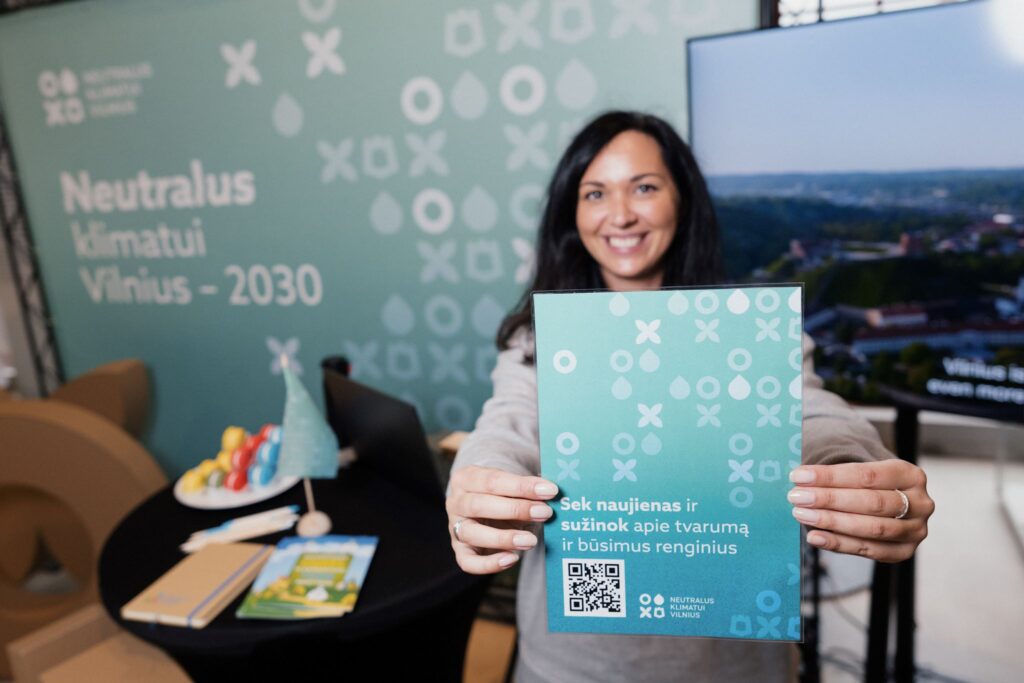

Concluded Climate Week
The last week of October marked Climate Week 2023. On this occasion, institutions and companies providing services to the city of Vilnius – “Let’s Renovate the City”, “Neutral Climate Vilnius”, Vilnius Waste System Administrator VASA, “Vilnius Waters”, Vilnius Heat Networks – gathered at the Energy and Technology Museum to present the sustainable technologies they use in their work.
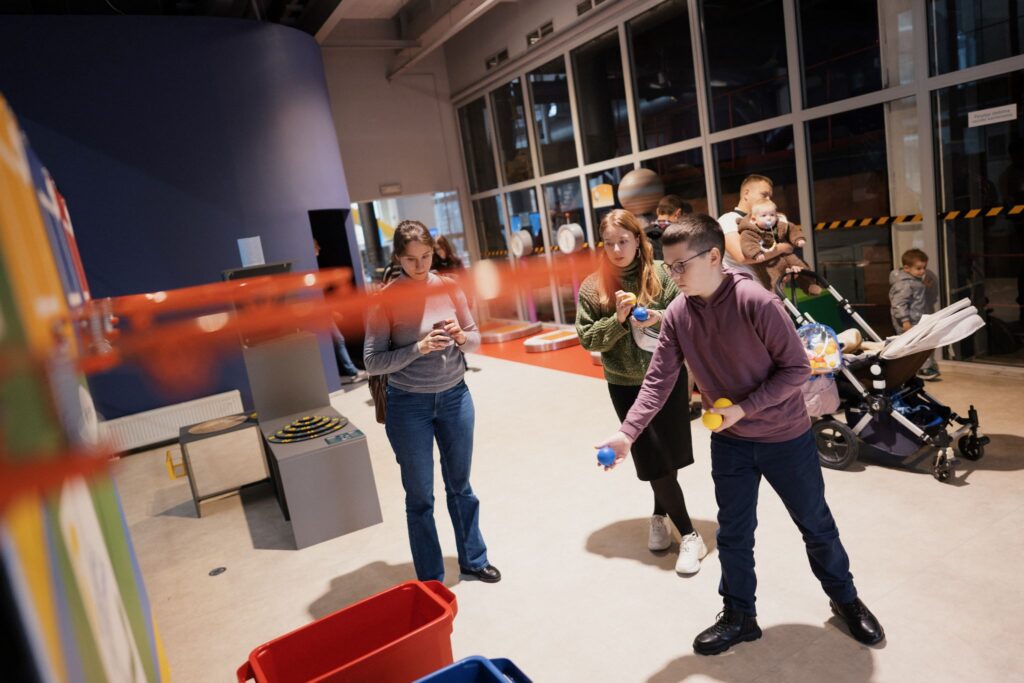

“We aim to use only renewable energy sources to produce heat by 2030 and plan to produce more than 70% of our heat this heating season without fossil fuels. We are taking care of our environmental impact and are implementing strategic projects to reduce CO2 emissions, such as the construction of the most powerful absorption heat pump in the Baltic region, which will increase the efficiency of our biofuel power plant,” said Rimvydas Kvedaravičius, Head of Production at Vilnius Heat Networks, at the “Vilnius Together: sustainable solutions implemented” debate.
He presented another innovative solution – public transport powered by ecological hydrogen. More than 1 million cubic metres of green hydrogen is planned to be produced per year, which will be supplied to 16 buses of the Vilnius public transport fleet.
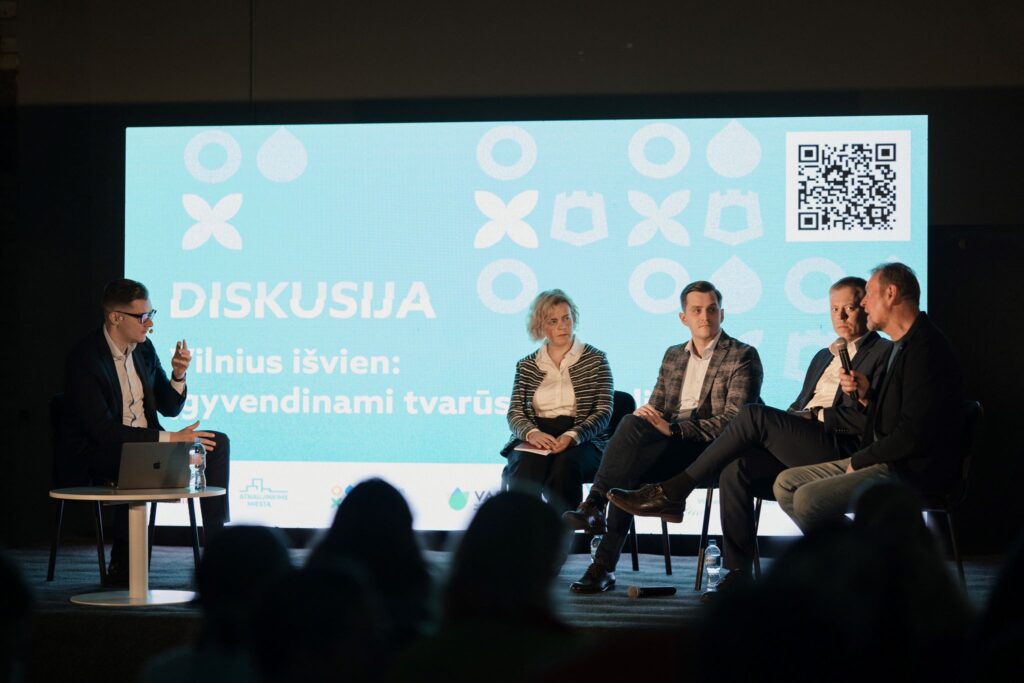

Zero waste
The water supply company “Vilnius Waters” is also contributing to a more sustainable city through the zero waste principle. ”As part of the circular economy, our company treats wastewater to produce biogas, and then generates electricity from the biogas. Whatever is left over is dried and used to fertilise green areas,” said Viktoras Matonis, Director of Production Services at “Vilnius Waters”.
Vilnius Waste System Administrator VASA invited visitors to learn about sorting interactively by playing waste basketball. Justina Prunskienė, Director of VASA, said that Vilnius residents are actively interested in sorting initiatives: “We are happy that the sorting situation is improving and that residents are trying to contribute to a more sustainable city”.
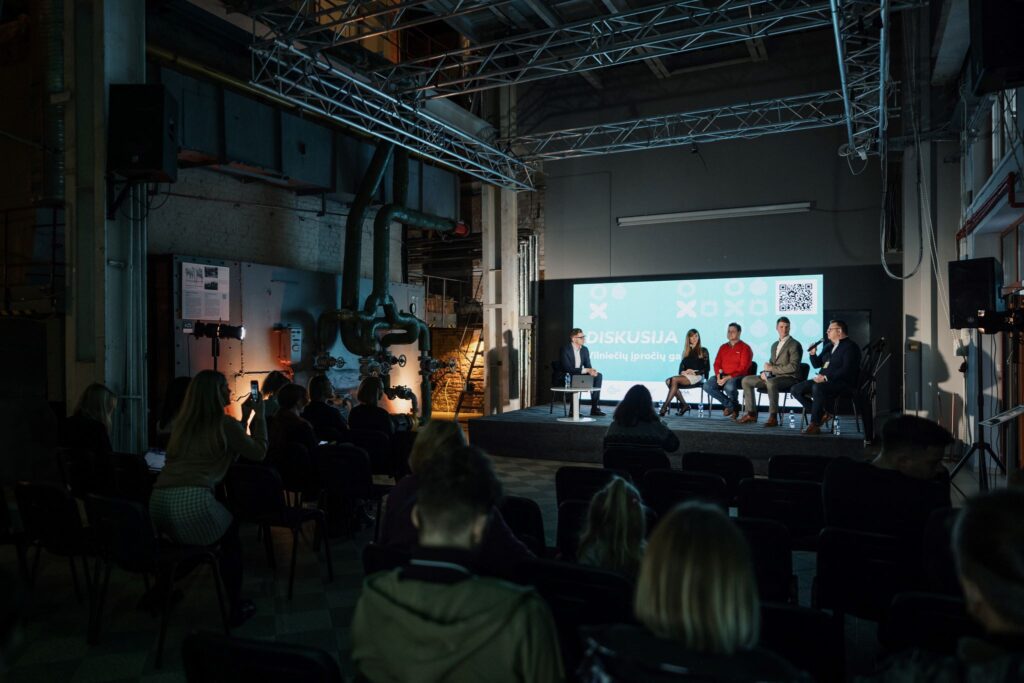

Renovation contributes to the long–term sustainability of cities, but it also needs to be carried out using modern technologies. “A city is a home, so when we renovate blocks of flats, we use energy–saving measures, upgrade and balance heating systems. Renovating buildings can reduce heat consumption by 70%,” calculated Rimantas Dapkūnas, Development Project Manager at “Let’s Renovate the City”.
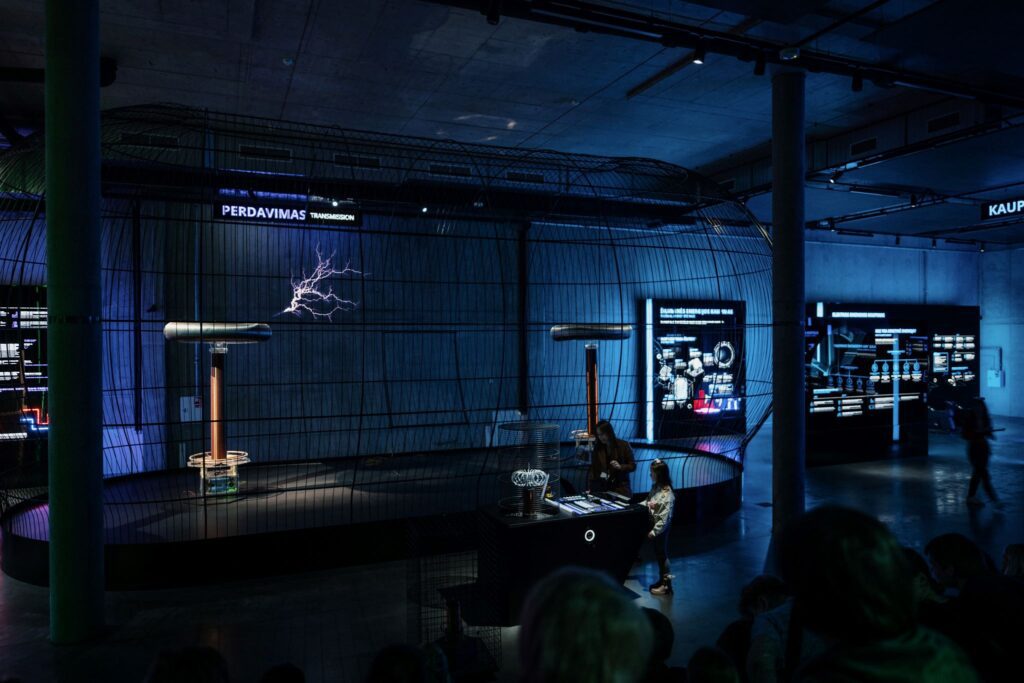

Agreement is a challenge and a necessity
According to Ramunė Baniulienė, Head of the Landscape Architecture Department of Vilnius City Municipality Administration, the title of the Green Capital of Europe will attract foreign investment, help develop good initiatives and become an example for other cities. “Vilnius will become recognizable in Europe and internationally. The biggest challenge in achieving this goal is effective communication: how to get all of us, Vilnius citizens, to agree on common solutions. Change starts by agreeing on how we want to live in our city,” she said.
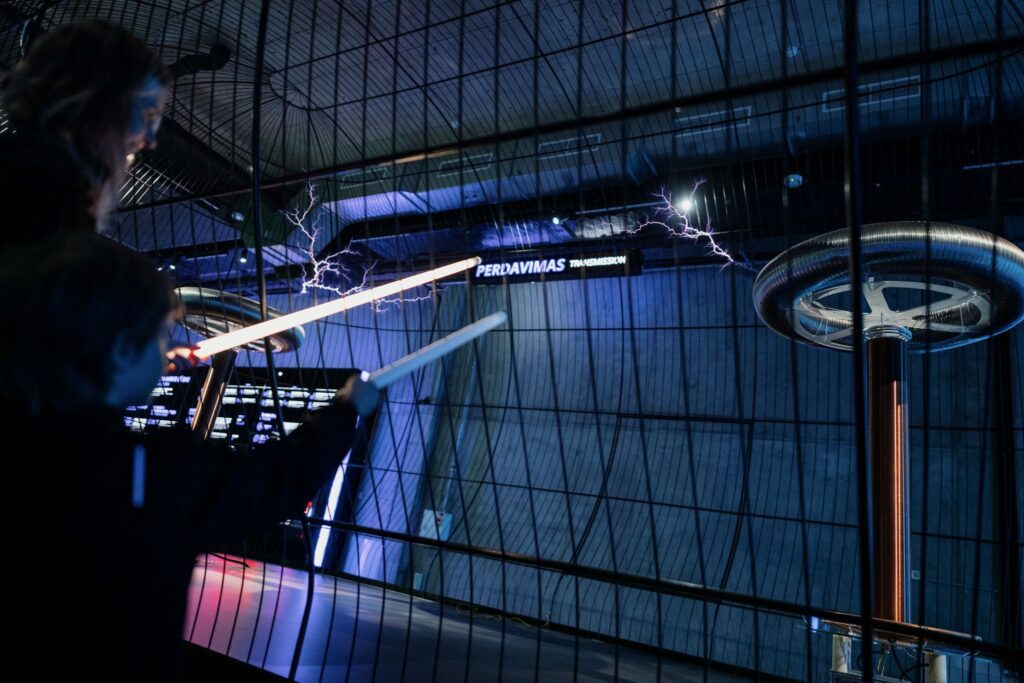

The Energy and Technology Museum educates and develops the younger generation. “We focus on schoolchildren, students and families in order to develop environmentally friendly habits. We will not reduce our growing consumption, but we can promote recycling, for example, in the “Upcycling” project, we are creating new exhibits from old electronic components with schoolchildren and students,” said Mykolas Bistrickas, Director of the Museum. – “By engaging visitors in physics, chemistry, mechanics and STEM subjects, we not only talk about sustainability, but also highlight the need to make responsible choices. It is encouraging that sustainability is becoming a significant part of the city’s infrastructure and the work of Vilnius City Municipality – all of which will have a long-term positive impact on the population.”
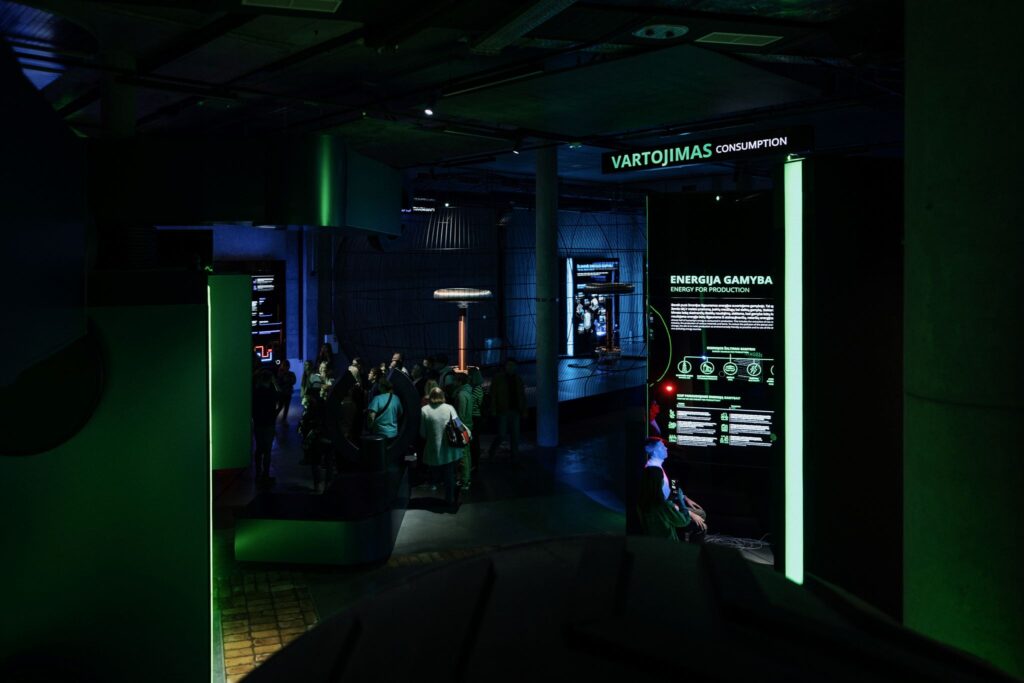

The areas related to climate neutrality are coordinated and implemented by the “Neutral Climate Vilnius”, which is responsible for the transformation of Vilnius towards climate neutrality by 2030.

